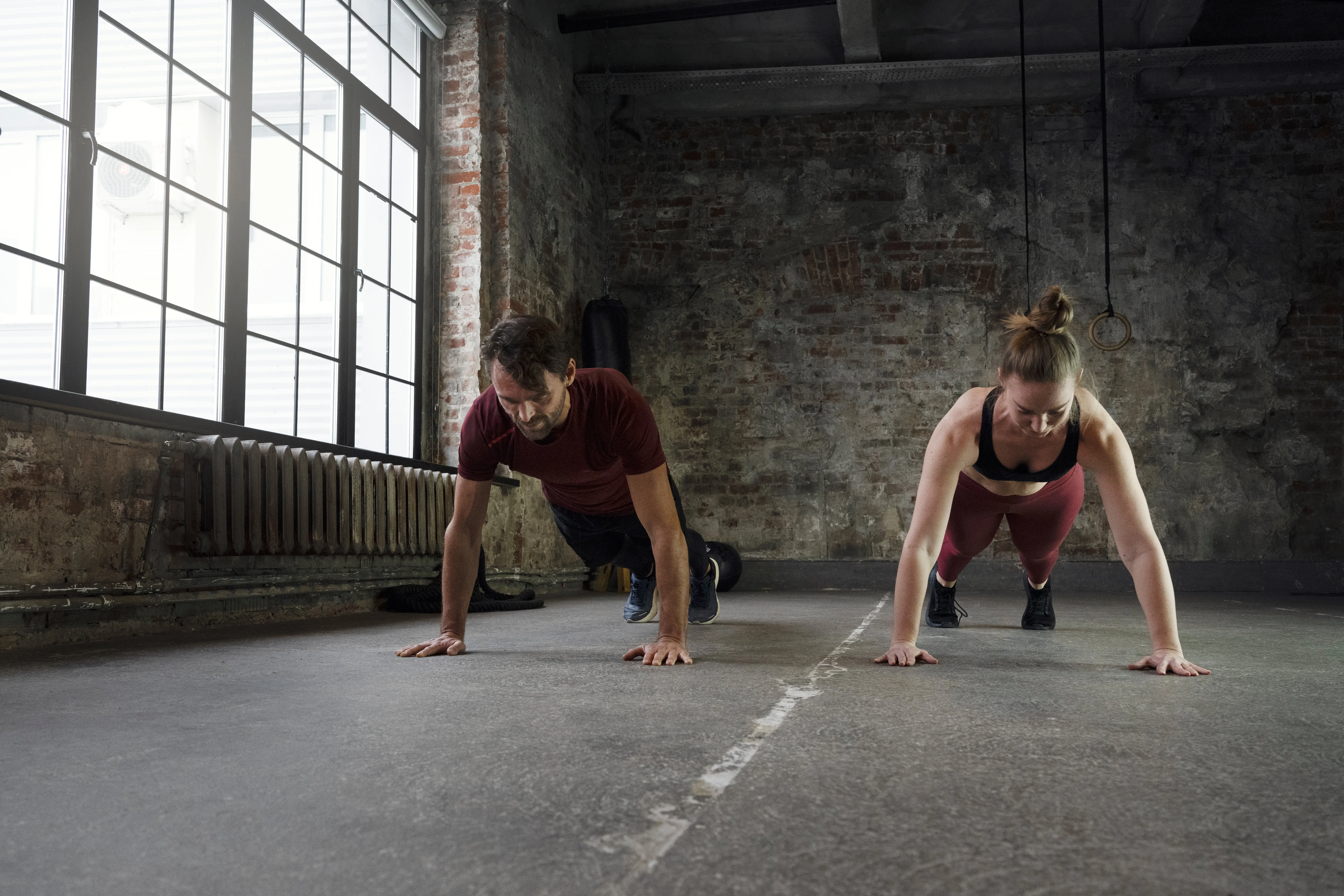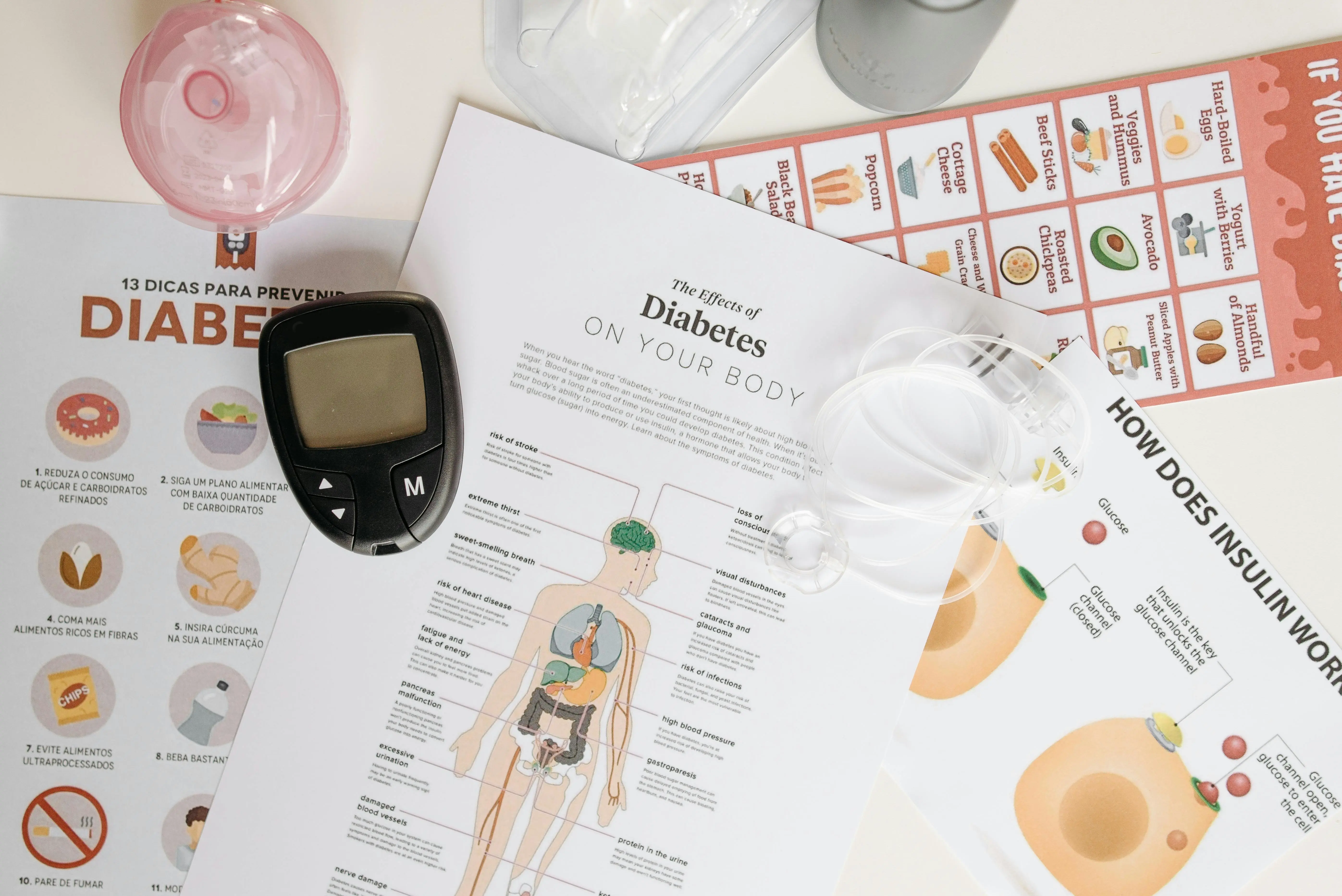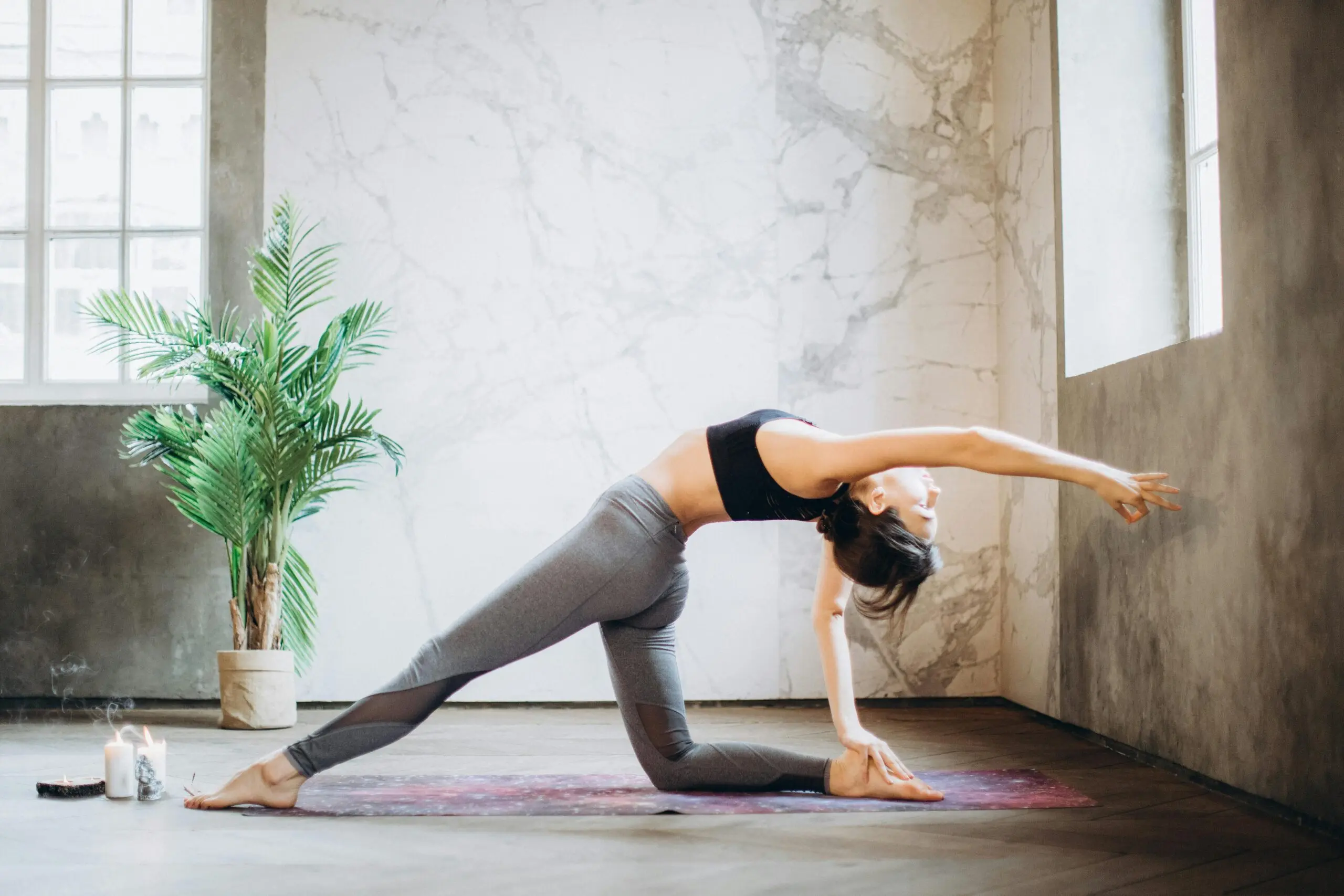How much exercise does it take to protect the heart? Until now, the recommendations of the World Health Organization were considered gender-neutral: 150 minutes of moderate to intense activity per week. A new study in the journal Nature Cardiovascular Research now shows that this is not true. Men need to exercise significantly more to achieve the same effect.
Nils Behrens, top health expert, Chief Brand Officer of Sunday Natural, and host of the podcast HEALTHWISE.
Double dose of exercise – same benefit
Researchers at the University of Hong Kong analyzed data from over 80,000 people from the UK Biobank. All participants wore accelerometers for a week that objectively recorded how active they were.
The result: Women need an average of around 250 minutes of exercise per week to reduce their risk of cardiovascular disease by 30 percent. Men need more than 530 minutes for this – more than twice as much.
Even after accounting for age, weight, sleep, diet, smoking, and existing conditions, this difference persisted. Women benefit measurably more per minute of exercise.
Why the female metabolism responds more sensitively
One possible biological reason: the hormone estradiol, which is present at higher concentrations in women of childbearing age. It affects how the body generates energy during exercise, increases fat burning, and supports vascular elasticity.











_1500x2250_150_RGB-2.webp)




